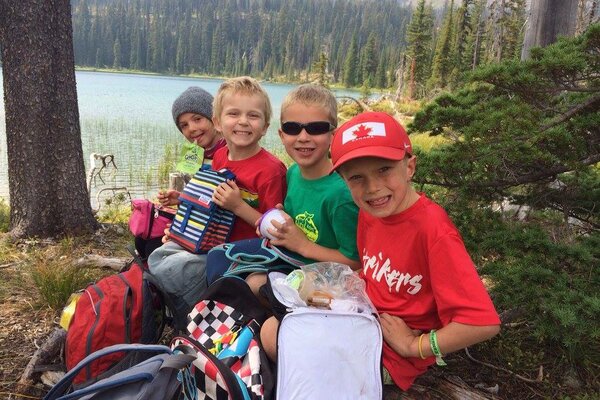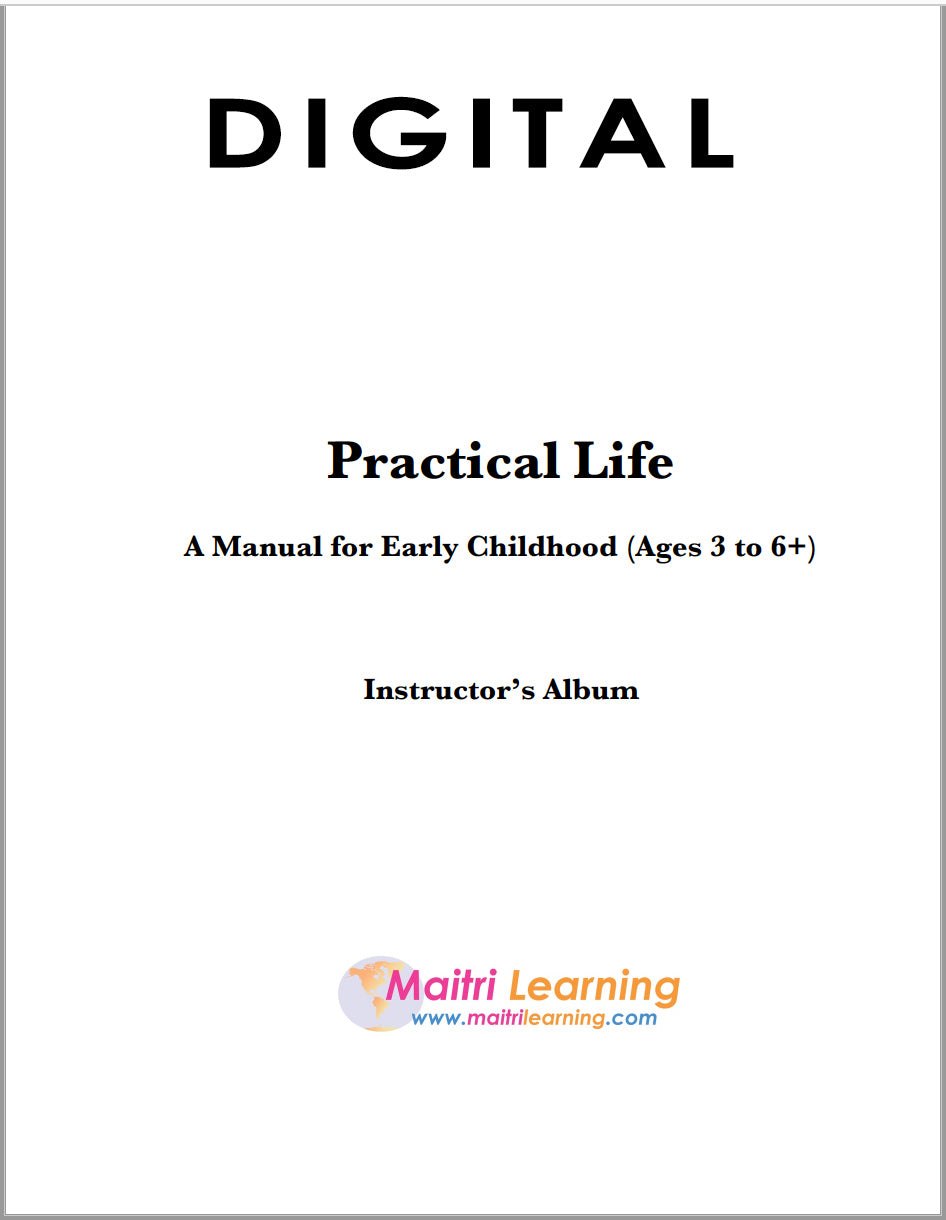
Guiding Growth: Montessori Method Principles Unveiled
The Foundation of Montessori Education
The Montessori Method, developed by Dr. Maria Montessori, is a holistic educational approach that places the child at the center of learning. Its principles are rooted in fostering independence, self-directed learning, and the development of a well-rounded individual. Let’s delve into the core principles that form the foundation of the Montessori Method.
Respect for the Child as an Individual
Central to Montessori education is a profound respect for the child as an individual. Dr. Montessori believed in acknowledging each child’s unique qualities, interests, and learning styles. The classroom environment is designed to honor and nurture the individuality of each student, fostering a sense of self-worth and autonomy.
The Prepared Environment: A Classroom for Learning
Montessori classrooms are carefully prepared environments that cater to the developmental needs of the child. From age-appropriate materials to thoughtfully arranged furniture, every element is purposefully chosen to promote exploration and independent learning. The prepared environment serves as an extension of the child’s home, providing a secure and stimulating space for growth.
Self-Directed Learning and Independence
One of the fundamental principles of Montessori education is the emphasis on self-directed learning. Children are encouraged to choose activities that align with their interests and developmental stage. This autonomy not only fuels a natural curiosity for learning but also instills a sense of responsibility and independence from an early age.
The Importance of Practical Life Activities
Practical life activities, such as pouring, sweeping, and dressing oneself, play a significant role in Montessori education. These activities serve a dual purpose – they enhance fine and gross motor skills while also instilling a sense of order and concentration. Practical life activities lay the groundwork for more complex cognitive learning later on.
The Role of Montessori Materials in Learning
Montessori education is renowned for its use of specially designed learning materials. These materials are designed to be self-correcting, allowing children to learn through exploration and experimentation. From the iconic pink tower to the sensorial materials, each piece is carefully crafted to engage the child’s senses and promote understanding.
Multi-Age Classrooms and Peer Collaboration
Montessori classrooms typically consist of mixed-age groups, creating a family-like atmosphere. This multi-age dynamic encourages peer collaboration and mentorship. Older children become role models and helpers, while younger ones benefit from observing and learning from their peers. This collaborative environment mirrors the diversity of the real world.
Uninterrupted Work Periods for Deep Focus
Montessori classrooms incorporate uninterrupted work periods, allowing children to delve deeply into their chosen activities. This extended focus promotes concentration, independence, and a sense of accomplishment. Dr. Montessori observed that children engaged in uninterrupted work periods exhibited a natural joy and love for learning.
Assessment through Observation and Record-Keeping
Montessori educators assess a child’s progress through continuous observation rather than traditional grading systems. Detailed record-keeping allows teachers to track each child’s developmental milestones, interests, and areas for growth. This personalized approach to assessment ensures that each child receives tailored support.
Cultivating a Love for Learning and Beyond
Ultimately, the overarching goal of Montessori education is to cultivate a love for learning that extends beyond the classroom. By fostering independence, self-discipline, and a natural curiosity, Montessori principles lay the foundation for a lifelong journey of exploration and discovery.
Explore Montessori Method Principles Further
For a deeper exploration of Montessori Method principles and practical insights into incorporating these principles into your child’s education, visit Montessori Method Principles. Unlock resources, articles, and tools to embrace the holistic approach of Montessori education.
In conclusion, the Montessori Method principles offer a holistic and child-centered approach to education. By respecting the individuality of each child, providing a prepared environment, and emphasizing self-directed learning, Montessori education guides the growth of well-rounded individuals ready to embrace a lifetime of learning. Visit www.igaseng.com to embark on the journey of Montessori education.




